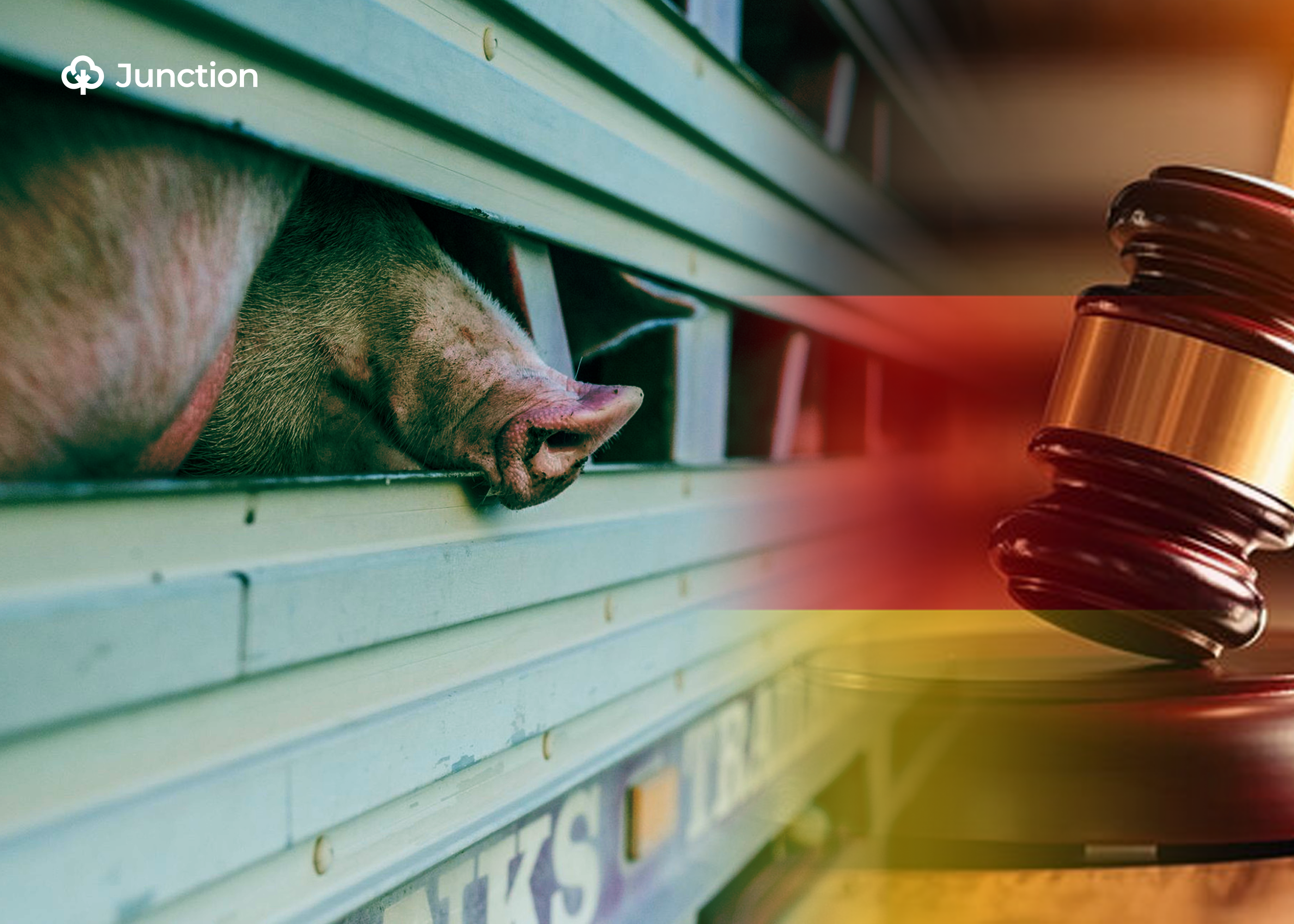News in brief:
– Germany is proposing stricter animal welfare rules for non-EU countries importing live animals, which could require Nigeria to sign compliance agreements.
– If implemented, Nigerian livestock importers may face increased regulatory scrutiny and potential export suspensions for non-compliance.
Nigerian agribusiness owners involved in live animal imports may soon face new regulatory hurdles as Germany pushes for stricter animal welfare standards for third-country imports. The German Minister for Agriculture, Cem Ozdemir, has presented a proposal requiring non-EU countries to commit to specific animal welfare regulations before being allowed to import live animals from Germany.
The proposed regulations would apply both to destination countries and those through which consignments transit. If implemented, this measure would require Nigeria and other affected countries to enter bilateral or multilateral agreements with Germany, ensuring compliance with specified animal welfare standards.
Under these agreements, German delegations would be permitted to conduct animal welfare audits in third countries. Violations could lead to legal consequences, including the temporary suspension of exports until corrective measures are taken. The European Commission is currently assessing the feasibility of the proposal concerning EU and World Trade Organisation (WTO) rules.
Minister Ozdemir emphasised the importance of aligning live animal transport conditions with EU standards, stating that animal welfare violations in third countries should no longer be tolerated. While an EU-wide regulation would be ideal, he noted that national-level measures are necessary to address concerns in the interim.
For Nigerian livestock importers, this proposal could mean increased compliance costs and regulatory scrutiny. Ensuring adherence to international animal welfare standards may become a prerequisite for maintaining access to European markets. Farmers and agribusinesses should monitor developments closely and consider adopting best practices in animal welfare to stay competitive in the global trade landscape.
According to data from the World Integrated Trade Solution (WITS), Nigeria imported more than $435 million worth of live animals from EU countries like the Netherlands, Iceland, Norway, the United Kingdom and Germany in 2022.
As discussions progress, Nigerian stakeholders may need to engage with policymakers to ensure that any future agreements align with local industry realities while meeting global standards.



